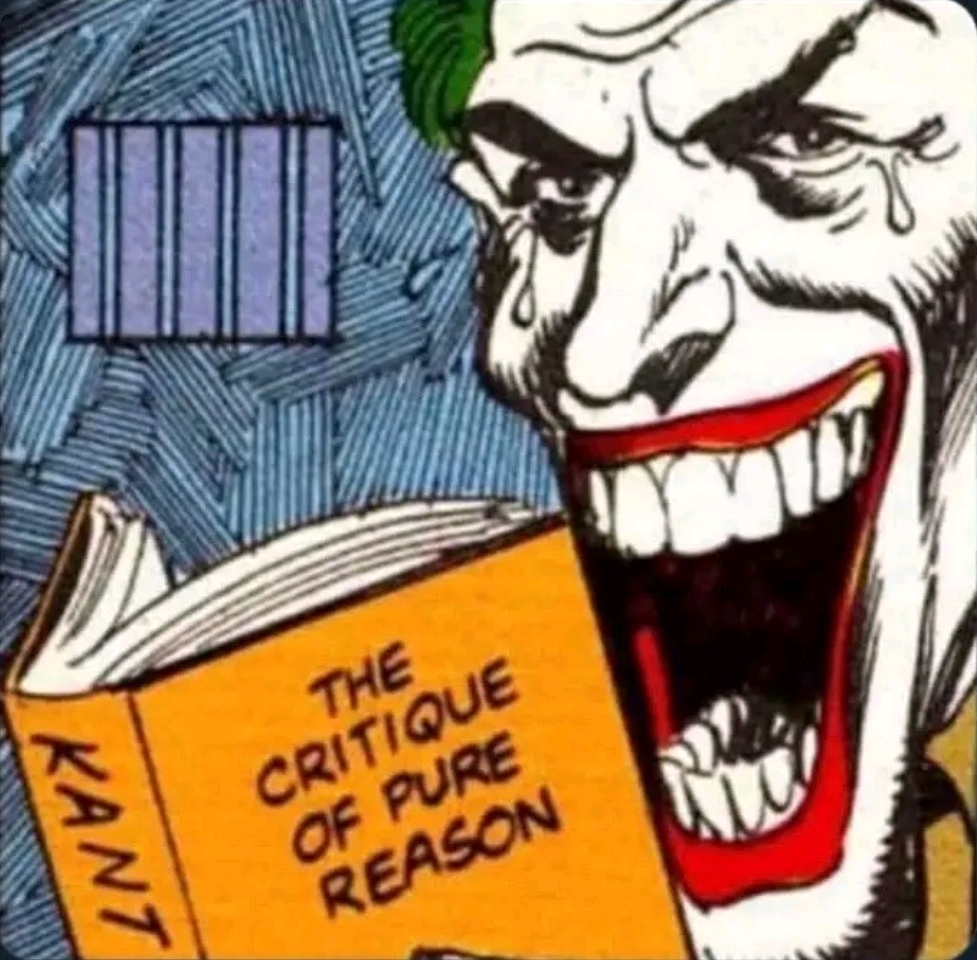Also
Subject reportedly contributes all extra money to WWP and lives as cheaply as possible.

screenshot did her dirty calling her a pinko when she’s clearly a red
extremely rare FBI W
Totally. Monitoring idealists with the intention of thwarting their goals—BUT using their preferred pronouns. Thanks, FBI.
If I had to guess, it’s so the handlers and undercover agents/assets can get practice being respectful, thus maintaining their cover in the organization
ehh, this is before trans people became part of the culture war. I think it more reflects that fact than an attempt to remain in cover.
Democratic party 101
I’m just kinda bullshittin here but i feel like in the 60s and 70s there was a real ebb in the ideology of gender bioessentialism, due in no small part to the existence of a vital, radical feminist movement. i think it’s been able to come back full force now because feminism in the west has been reduced to either a lifestyle brand or a thin excuse for fascism.
In many ways you’re right, but even back then parts of Lesbian seperatism had shitty, shitty takes. Janice Raymond was openly transphobic before it was cool and was ostracised from many Feminist spaces because of it. Dworkin had to put down Biological essentialist views as early as the late 70s (Warning, some SWERF shit here. Dworkin had some very traumatic experiences as a sex worker, and it resulted in a problematic but not entirely unsympathetic opposition to any and all sex work and pornography)
Gonna add ‘subject’ to my pronouns.

SUBVERSIVE MATTER
This doesn’t sit right with me. Les feinberg was very much not someone who really identified with the gender binary construction. Sie used sie/hir pronouns for instance and was AFAB. Idk, this just feels wrong here actually?
I think it’s very possible that Feinberg went through several phases. Eggs don’t crack then suddenly everything is figured out.
it is possible that my judgement is clouded by a blinding hatred of the FBI
deleted by creator
yeah i’m kind of wrong and just hate the fbi i guess
deleted by creator
No idea really, it says that in that time Les chose “she”
I thought Leslie used sie/hir according to the start of trans liberation
you’re absolutely right, i can’t fucking spell
I feel like something weird happened in regards to common perception of trans people, maybe around the 80s. I mean specifically in America and in popular conception since I know German fascists burned gender research books.
Maybe I’m wrong but it seemed like there was more of like a curiosity about trans people? I’m thinking of mainly newspaper headline or the Ed Wood movie Glen or Glenda. Or how the musician Wendy Carlos was trans in the 70s and everyone seemed cool with her.
Does anyone here know more about this? There was a different vibe with gender nonconformance, like I know there was transphobia and the Stonewall riot happened because of cops arresting trans women, but also it seems like average people in the public didn’t care as much as now
It seems like there was more hatred directed toward gay people and now it’s flipped.
Could have also been the average uninformed person viewed trans people in an individual lens, as in, one person doing something unique to them. It might have been seen like an odd, curious and interesting thing to be rather than now, where more people have recognized trans people are a fundamental inherent aspect of society. That seems to be the brunt of transphobia, keeping trans people marginal, unaccepted, or dead. Keeping trans people out of society’s fabric entirely.
There was the AIDS crisis which wiped out an entire generation of LGBT+ people and was accompanied by a major scare campaign. Since a lot of Trans people (possibly most non-closeted ones) at the time were sex workers it hit them even harder.
In the late 80s-90s things got better, to the extent that a Trans person was in some ways considered less controversial than being gay, if they were otherwise socially conforming, but the rise of “Moral Majority” types and the general right wing push towards conservative sexual mores after Clinton’s shitbaggery finally managed to put an end to that.
You can see it in the change in problematic sitcom vibes from “Hahaha Male lead’s best high school friend is now a hot girl, but she still loves football and beer and they get along great! Funny and heartwarming and let’s not look too hard at what the writer’s fetishes might be!” to “I accidentally dated a trans woman and now I might be gay, how could she trick me like that, they might trick you, the audience too! I will now nobly restrain myself from violence but still shame and humiliate the trans person! This is also not the writer’s barely contained but somehow much worse fetish.”

I read this now 4 times; is the text using the appropriate pronouns for her somewhere?
Top Entry, April, “Her beard”.
Thanks!
















